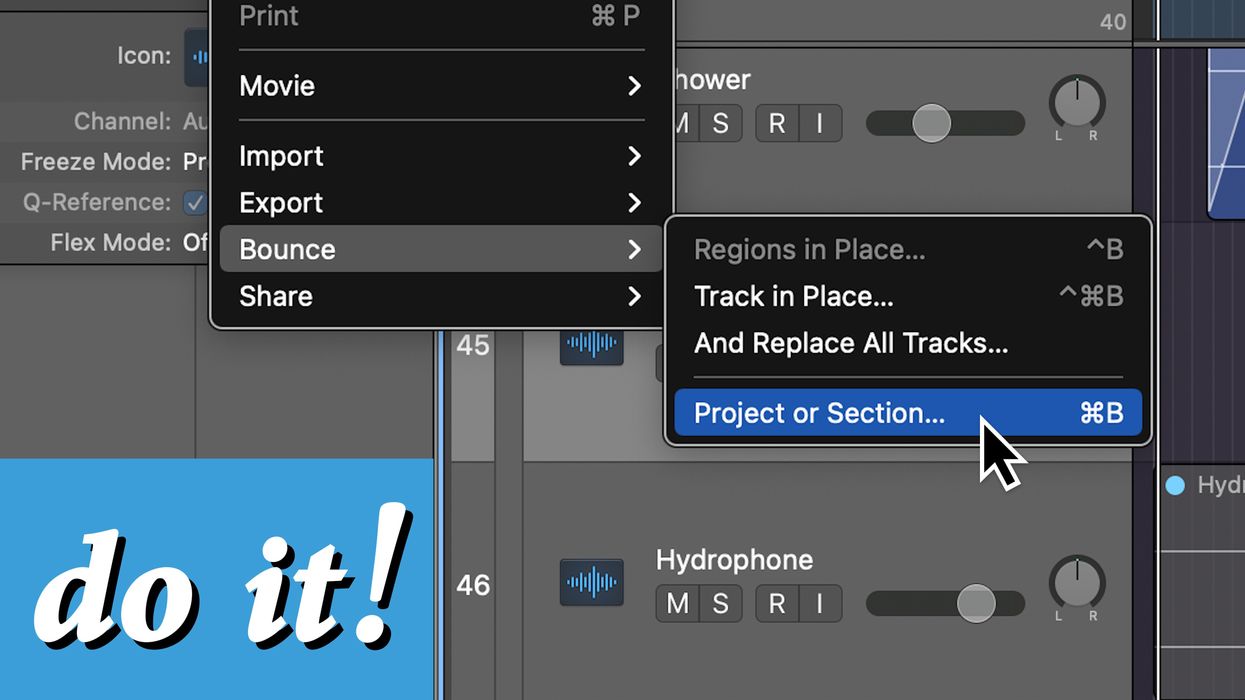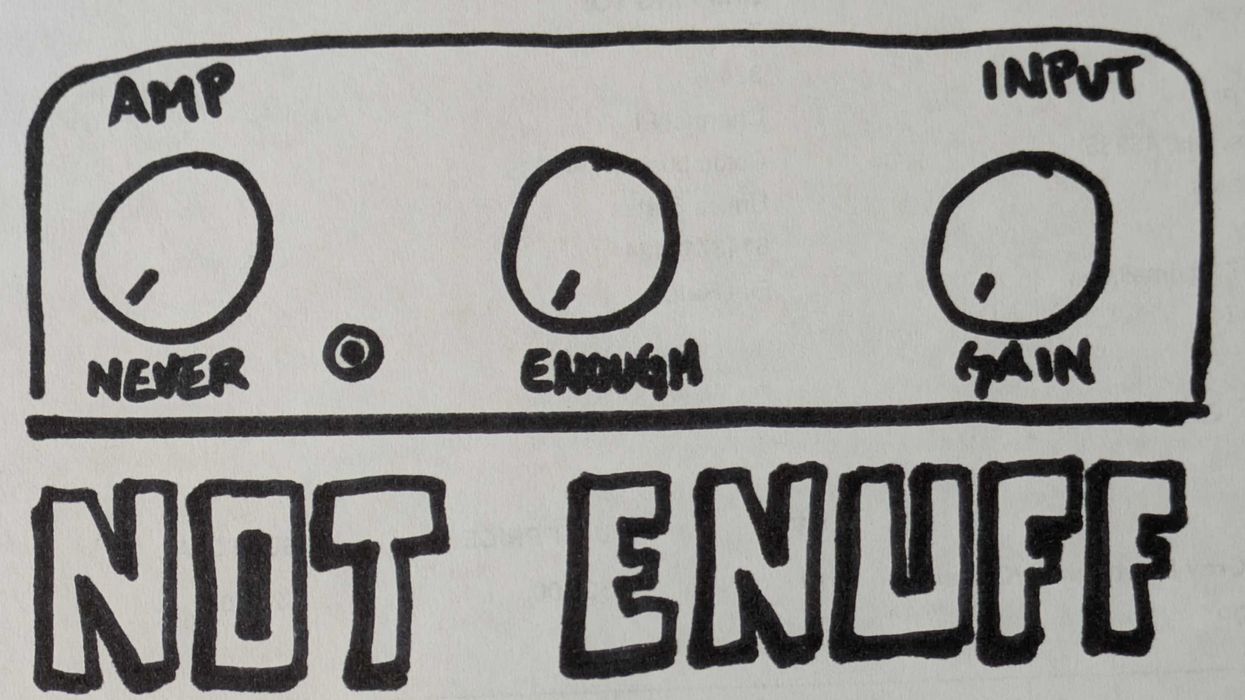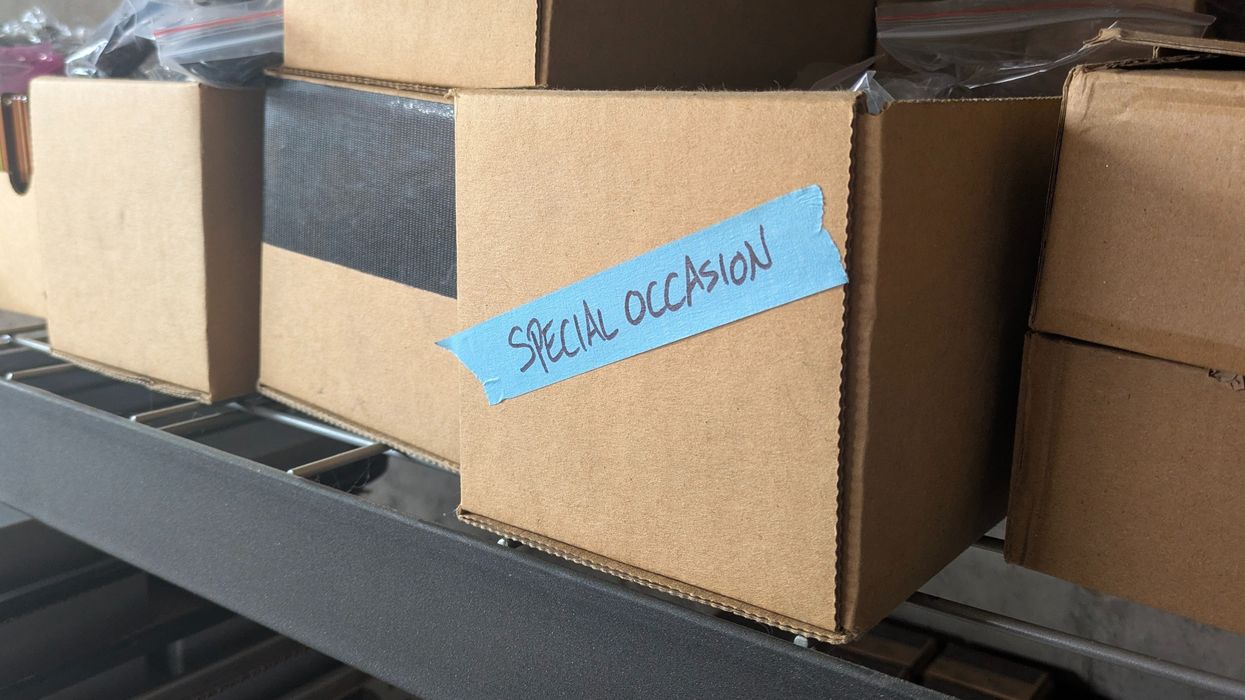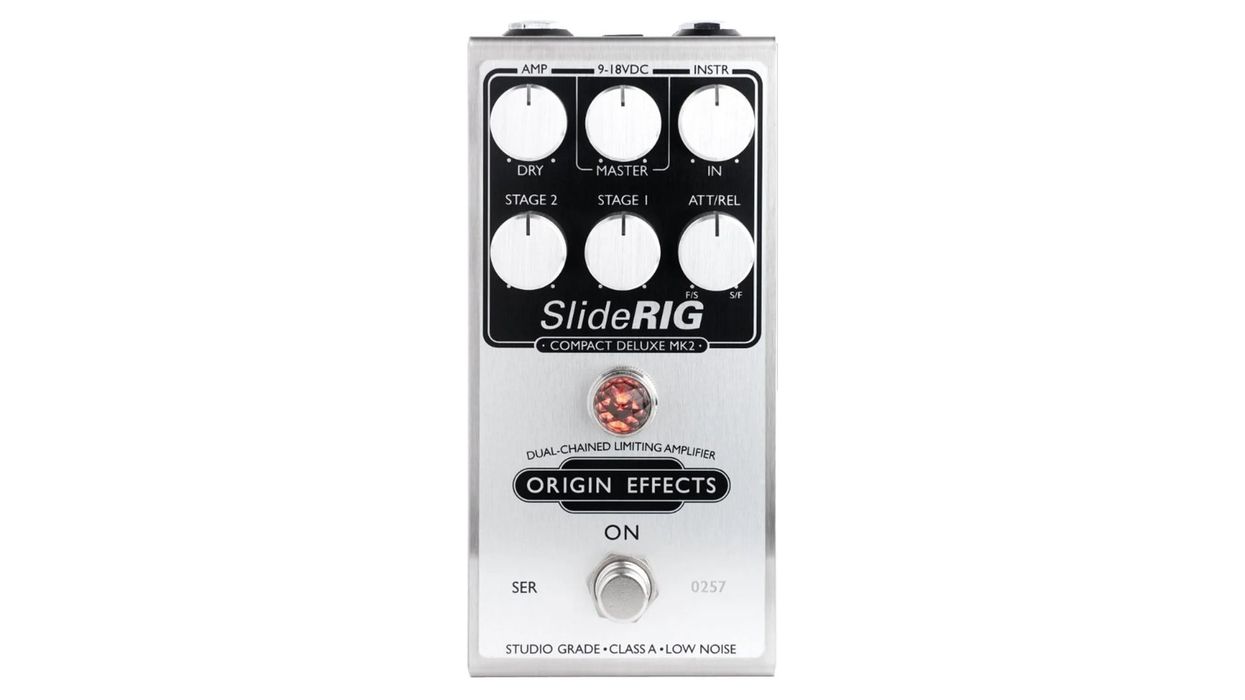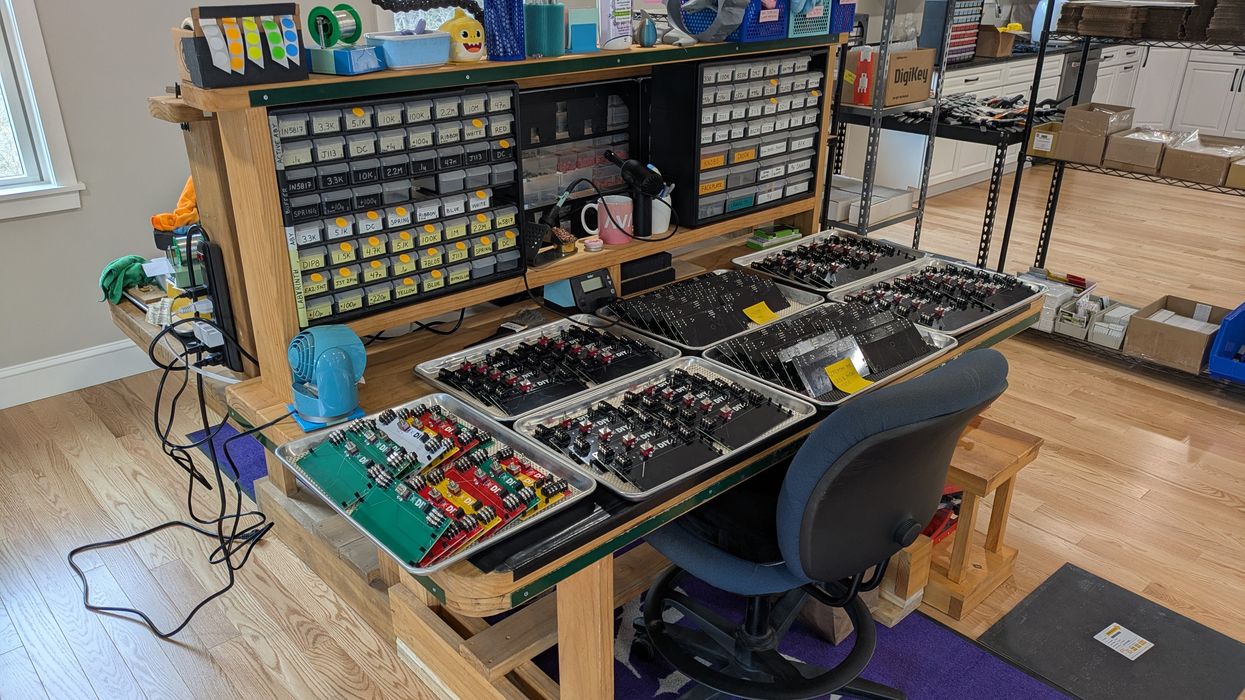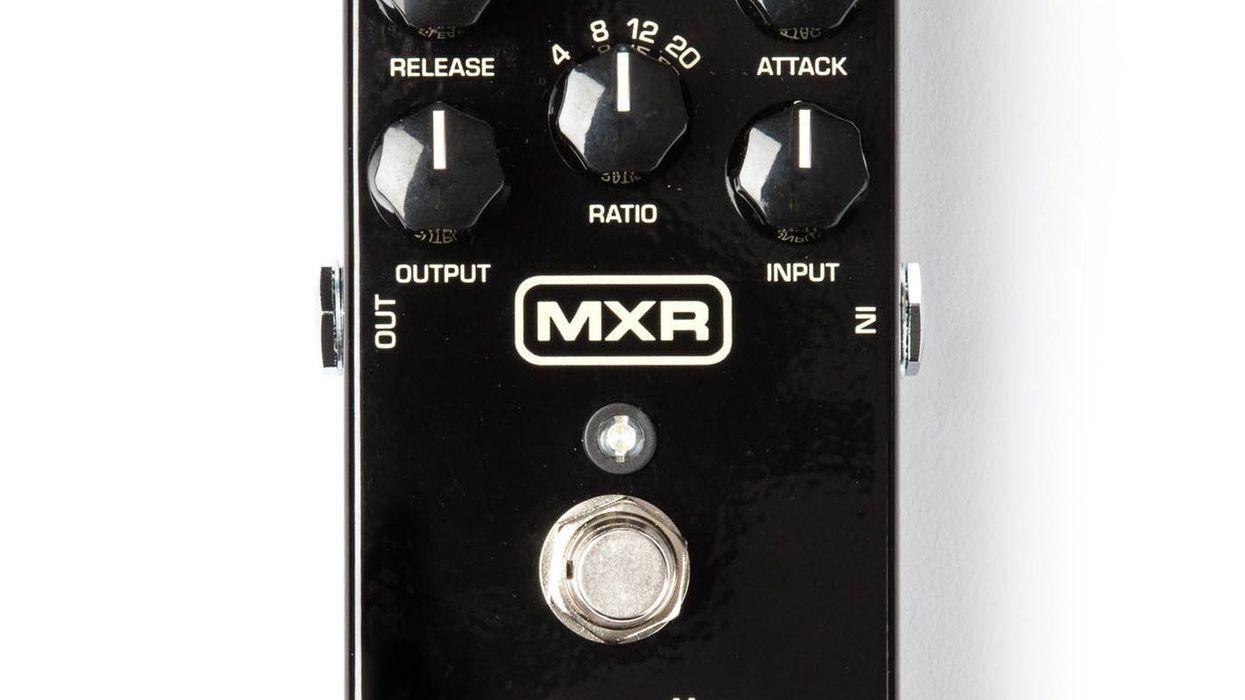This is my final State of the Stomp column, so I thought I would leave with some encouraging words. This is a message for the perfectionists: release your music.
Let me start by saying this: I believe music can be a private practice. I believe you can be a musician and never play a show in your life. Never share a thing. This is for the people that want to release music, but always feel like it's not quite ready.
As I write this, I'm wrapping up the first solo project I've made in years, and I really don't know that any of this would've helped me when I was in the thick of it. Things just weren't clicking and that's all I could see. I knew it wasn't right yet. But I'm going to share some thoughts anyway because something got through to me eventually.
The realization that helped me the most is that music is a tool. It's a bit cold, maybe, but thinking of it that way has really helped me decide when things are done and if they're worth releasing. (Yes, they are.)
The thing is, it's not about you. It's not about perfection or being impressive. It's definitely not about getting it right. How would anybody know that? It's about what the listener can do with it. And there is always, always something to do with it.
I've never met a song I couldn't tear apart. The point being, perfectionism makes you unfair and unreasonable.
A good test of this idea is just to observe your own listening habits. Do you ever get nothing from a piece of music? Music is so emotional that it's easy to take it for granted. Every time, every song, you're probably feeling some kind of way. And if you decided today to bundle up your music and release it just as is, it would be the same.
It's right there in the expression: release. Call it done, and let it go. No one will ever know if you get a song right. Not even you. A friend was telling me recently of a quirk of the brain. Our brains like to help us feel good, so they're always tidying up our senses in the background. They filter and organize what we experience to keep us from getting overwhelmed. In the case of music, our brains will actually correct or smooth over mistakes as we work, because they know that's the version we want to hear.
Listening test: Pick out a song that's similar to what you're trying to make, one of your favorites. Give it a listen and come back. Now, give it a listen again as if it was your own music, and look for things to criticize. Whenever I do this, I realize what an asshole the critical mind is. I've never met a song I couldn't tear apart. The point being, perfectionism makes you unfair and unreasonable.
There are just so many damn tools, and their purpose is only clear to the people who need them. You may not even understand your own music's purpose, but it could really help someone. Different tools for different jobs. You don't use a hammer on screws, you don't use Brian Eno at the club. Just put it out there and see if people have a use for it. The only way to fail is by letting perfectionism kill it.
So, I hope that gives you a little something to take with you. Easier read than done, but you'll get there.
